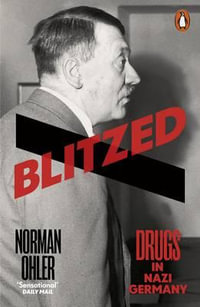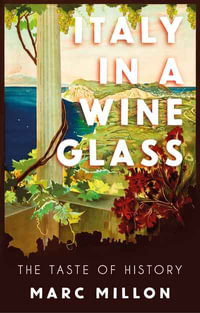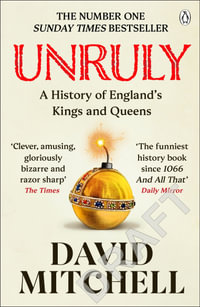Maureen Healy examines the collapse of the Habsburg Empire from the perspective of everyday life in the capital city. She argues that a striking feature of 'total war' on the home front was the spread of a war mentality to the mundane sites of everyday life - streets, shops, schools, entertainment venues and apartment buildings. While Habsburg armies waged military campaigns on distant fronts, Viennese civilians (women, children, and men 'left at home') waged a protracted, socially devastating war against one another. Vienna's multi-ethnic population lived together in conditions of severe material shortage and faced near-starvation by 1917. The city fell into civilian mutiny before the state collapsed in 1918. Based on meticulous archival research, including citizens' letters to state authorities, the study offers a penetrating look at Habsburg citizenship by showing how ordinary women, men and children conceived of 'Austria' in the Empire's final years.
Industry Reviews
'Professor Healy's book is of interest to both the casual reader and the serious student of World War I. It must also be added that the social historian will be more than intrigued with this volume ... Healy systematically, and in a very readable form, dissects the threads of discontent which eventually lead to the civilian rebellion in Vienna ... Professor Healy highlights a number of significant points is this excellent book ... What is presented here is a detailed study of civilian life in a situation of total war. Their fears, hopes and perceptions are clearly and carefully analysed. It is a book that will be frequently referred to and case study after case study will be quoted.' Open History 'This is a meticulously and masterfully researched book ... the book marks an important and excellent contribution.' H-Soz-u-Kult '... a powerful, analytically rich study that convincingly reveals the critical role played by ordinary, hungry people in the demise of the Habsburg Monarchy.' Australian Studies 'I think it is a wonderful piece of scholarship. It radiates imagination and insight on every page, whether the subject is food riots or the image of the 'imperial father' ... it represents a superb, exciting addition to the fast-growing cultural history of the First World War.' Roger Chickering, Georgetown University
























